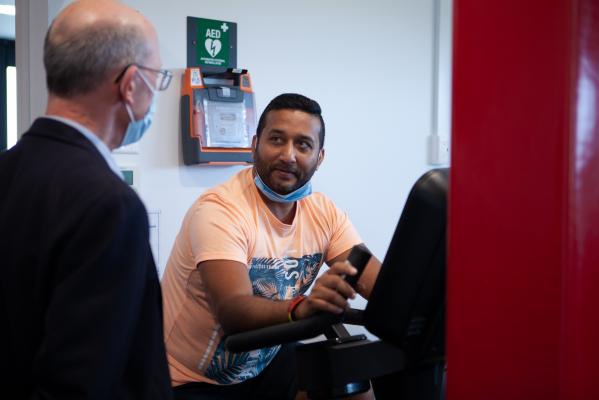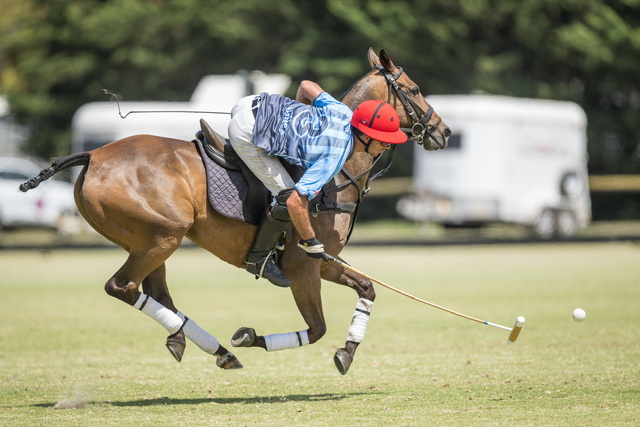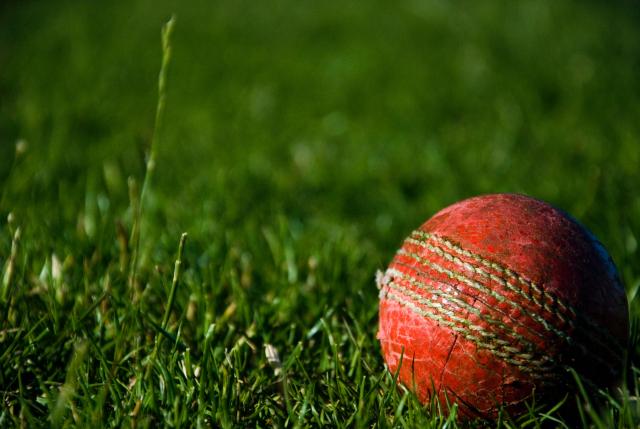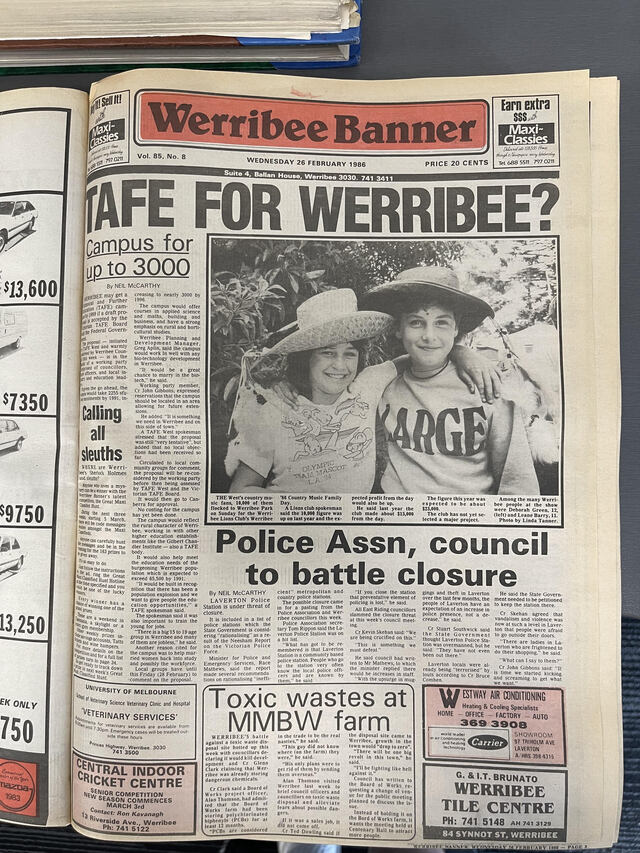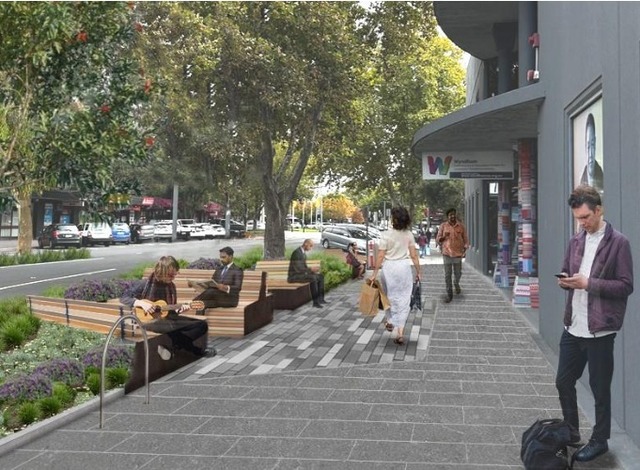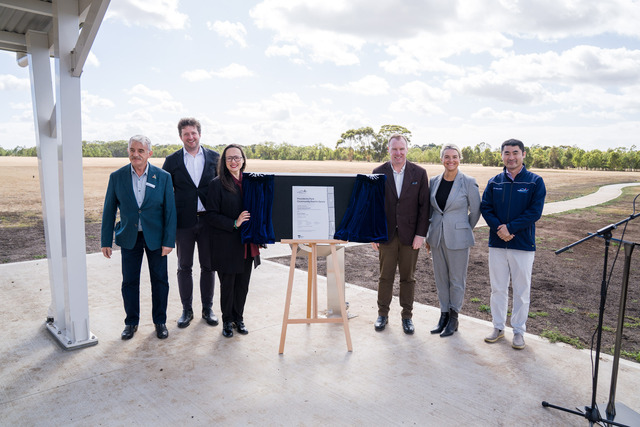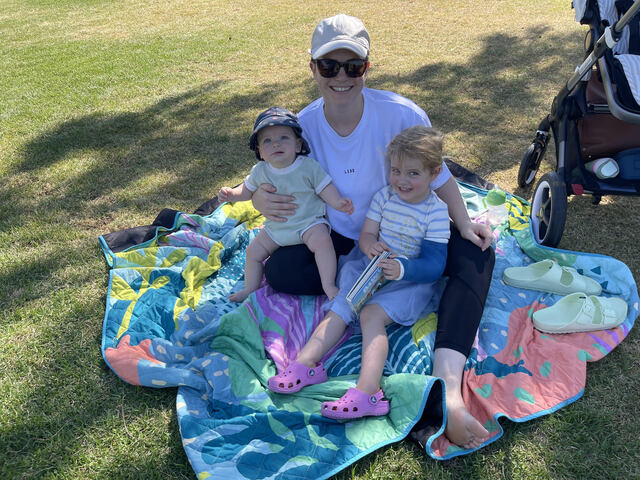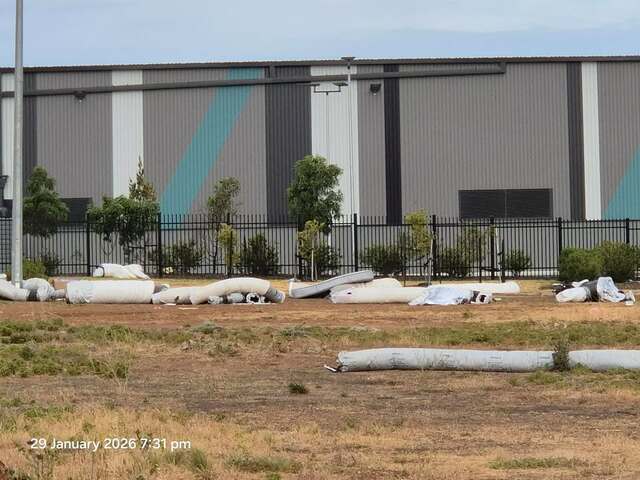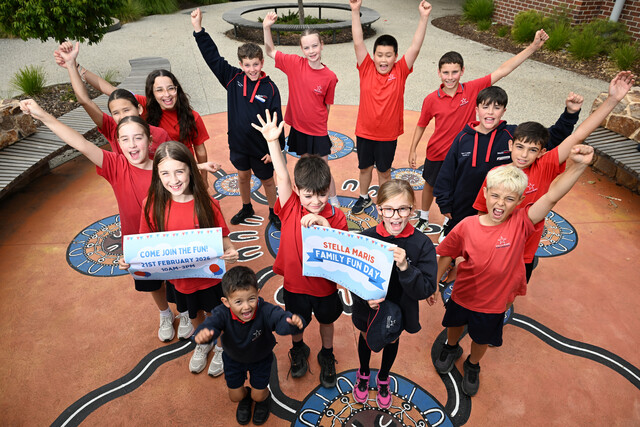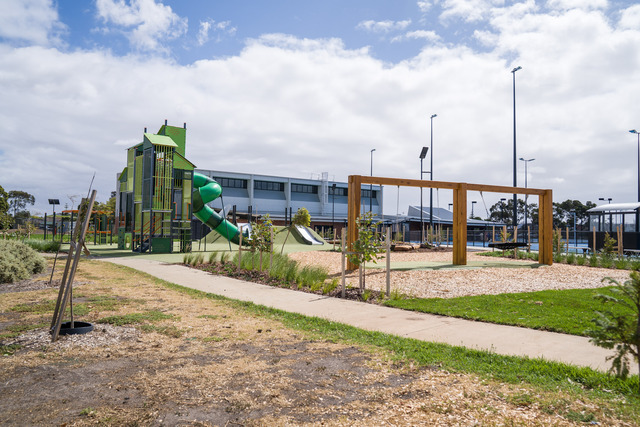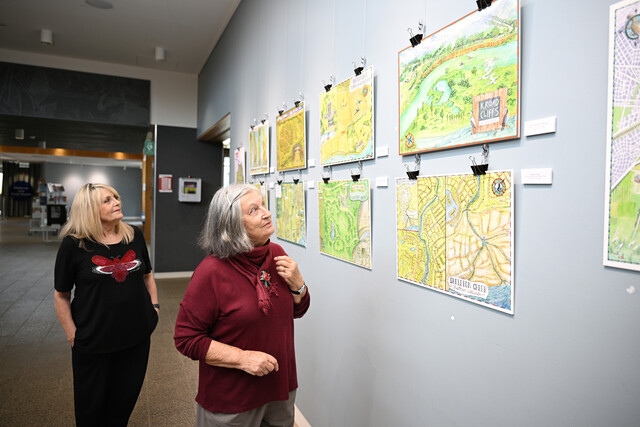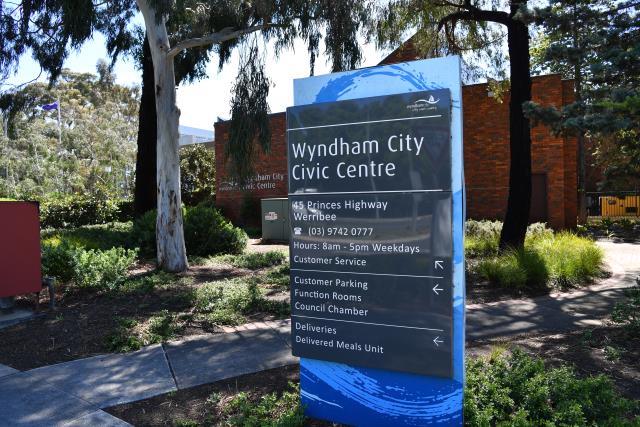The Baker Heart & Diabetes Institute (BHDI) in Hoppers Crossing is embarking on a $2.5 million study of the long-term impacts of COVID-19 on heart health.
The study, funded by the Medical Research Future Fund, is being led by Dr Erin Howden and Professor Tom Marwick.
Their aim is to understand whether COVID-19 damages the heart’s chambers and blood vessels, and whether it impacts upon a heart’s functional capacity (the ability to perform aerobic work).
It will also examine if best practice management, such as medication and exercise training, can help restore this function in COVID-19 survivors.
“There has been huge variation in the scientific literature to date on the cardiovascular impacts of COVID-19 in Europe, but we have no idea what the patterns look like in Australia,” Professor Marwick said.
The BHDI hopes to recruit 1000 people who have had COVID to take part in the study, including residents of Melbourne’s west.
Derrimut father Abhi Nair, who contracted COVID-19 last June, has signed up to participate in the study.
Abhi’s wife Dhara Rajyaguru, mother Lalitha Nair and father Viswanathan Nair also developed COVID in 2020.
Viswanathan, 74, spent 120 days in hospital with the illness.
Abhi himself, who is not sure where he became infected with the virus, was hospitalised twice and spent weeks feeling ill.
The family spent a month isolating, and are thankful that Abhi and Dhara’s nine-year-old daughter did not develop the virus.
Abhi said that COVID-19 had been a “nightmare” for his family, especially when his father – who had no underlying health conditions – was hospitalised.
“As he was taken to the ambulance … I had a bad feeling and thought: ‘Am I ever going to see him again?’” Abhi said.
He said that before COVID-19, Viswanathan was an active man who enjoyed walking and gardening.
Abhi said his father never complained, but nowadays did not move much and became tired easily.
“COVID is real and it hits families hard,” Abhi said.
Abhi, 42, said he was fairly healthy before getting COVID, and could run five kilometres.
However, he now has breathing issues and experiences difficulty when climbing a set of stairs.
Abhi said this was one of his main motivations for taking part in the BHDI study, plus a desire to help researchers understand the long-term effects of coronavirus.
“The study crew are very lovely and accommodating people,” he said.
“So I would encourage people to sign up if they have had COVID.”
Study participants will be required to undergo cardiac scans and exercise testing.
If the BHDI finds evidence of heart damage in someone, they will be referred to a cardiologist and will receive exercise training or medication.
Details: https://baker.edu.au/research/clinical-trials/perceive-study

